Model Training Course (MTC) on "Enabling Environment and Rural Infrastructure for Improving Women's Seed Access"Model Training Course (MTC) of 8 days duration on "Enabling Environment and Rural Infrastructure for Improving Women's Seed Access" was organized at ICAR- Central Institute for Women in Agriculture, Bhubaneswar from October 24-31, 2017. The programme was sponsored by Directorate of Extension, Department of Agriculture & Farmer’s Welfare, Ministry of Agriculture, Government of India. The objective of the MTC was (i) to improve the professional competence and upgrade the knowledge and develop technical skills of officials of line departments/ extension workers in understanding Farm Women Perspectives in Quality Seed Production and (ii) to avail an opportunity of experience sharing, problem solving and interaction between experts and participants on researchable issues in seed availability and seed access to women through involving women in seed production by creating an enabling environment in the villages and providing basic infrastructure.
|
|
|
In this Model Training Course (MTC), 20 officers from 8 different State Government agriculture departments like Arunachal Pradesh, Himachal Pradesh, Punjab, Haryana, Chhatishgarh, Madhya Pradesh, Karnatak and Odisha, agriculture university and ICAR Institutes had participated. The training focused on different strategies for creating an enabling environment and infrastructute in the village which could improve seed production and marketing by farmwomen thereby, improving their access to quality seed. There were 25 theory classes, 5 practical, 5 field visits, one interface with farmwomen and several group exercises and group presentations in the training. The course team consisted of Dr Laxmi Priya Sahoo (Course Director), Dr Sabita Mishra, Dr J Charles Jeeva and Ms Chaitrali S Mhatre (Course coordinators). In the valedictory session Dr Jatinder Kishtwaria, Director, ICAR-CIWA emphasized that knowledge on gender aspects is a must before planning any developmental programme. She also added that provision of an enabling environment for women would necessitate addressing many more factors including infrastructural facilities and capacity building. The course was found useful for both trainers and trainees.
|
|
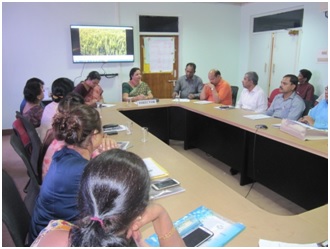 |
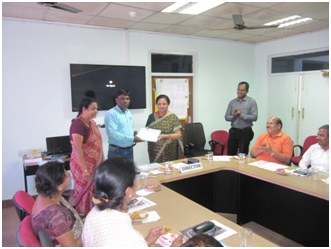 |
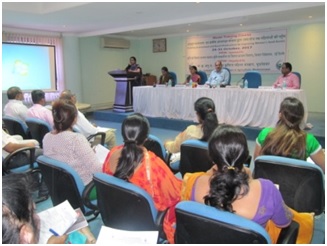 |
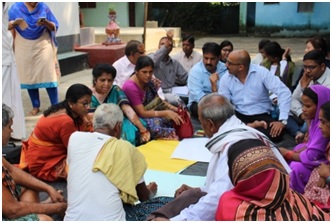 |
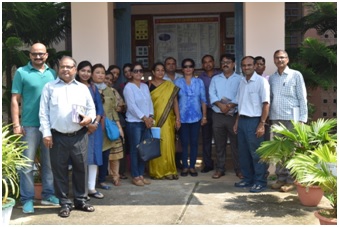 |
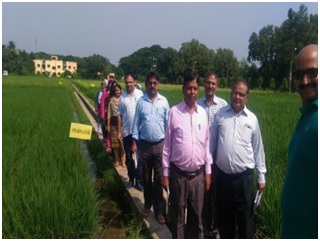 |
